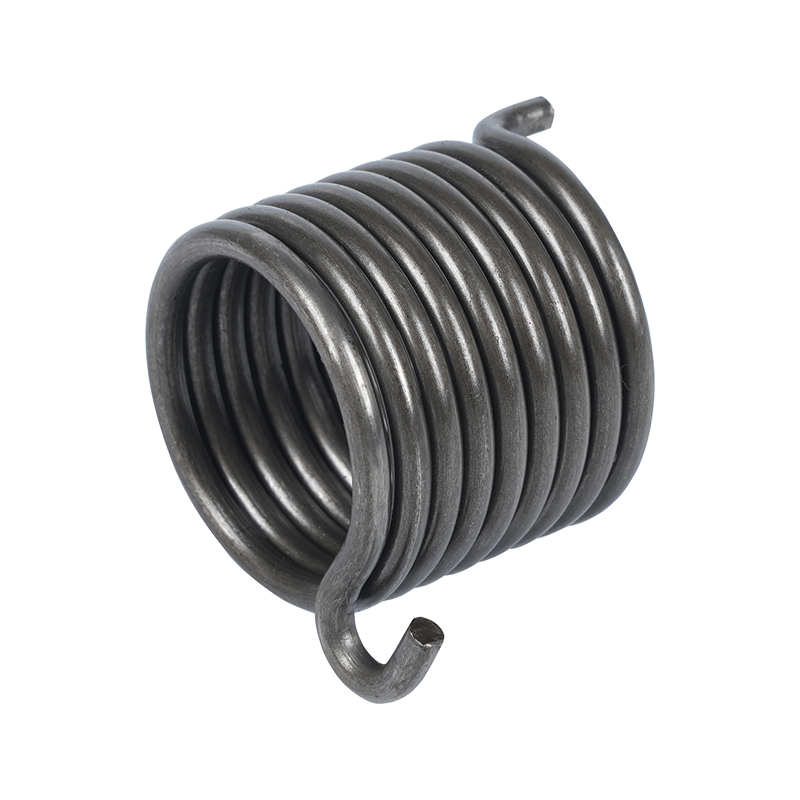Performance Requirements In Custom Precision Metal Stamping And Custom Metal Plates Production
Meeting stringent performance requirements is paramount, especially in sectors like custom precision metal stamping and custom metal plates production. These industries play a crucial role in various applications, from automotive components to aerospace parts, demanding high levels of accuracy, durability, and reliability.
Precision and Accuracy in Custom Precision Metal Stamping
Custom precision metal stamping involves the fabrication of intricate metal components using advanced techniques. The process requires precision at every stage, from design to final inspection. Manufacturers utilize cutting-edge technologies such as CNC (Computer Numerical Control) machines and robotic arms to ensure exacting tolerances and consistent quality. This precision is essential for components that must fit together seamlessly in complex assemblies.
Durability and Strength in Custom Metal Plates
Similarly, custom metal plates must adhere to rigorous performance standards. These plates serve multiple purposes across industries, often as structural components or protective shields. Durability is non-negotiable, as these plates are subjected to varying levels of stress, pressure, and environmental conditions. Materials chosen for custom metal plates include alloys known for their strength and corrosion resistance, ensuring longevity and reliability in demanding applications.
Technological Advancements Driving Innovation
Advancements in manufacturing technology continue to redefine the capabilities of custom precision metal stamping and custom metal plates production. Automation plays a pivotal role, in enhancing efficiency while maintaining high standards of quality control. Robotics, for instance, streamline repetitive tasks and improve consistency, reducing the margin for error.
Compliance with Industry Standards
Meeting industry standards is a cornerstone of both custom precision metal stamping and custom metal plates production. Adherence to specifications such as ISO 9001 ensures that manufactured components not only meet but exceed customer expectations. Quality assurance protocols, including rigorous testing and inspection procedures, guarantee that every product leaving the facility meets the high-performance benchmarks.
Environmental Considerations and Sustainability
In recent years, sustainability has become increasingly important in manufacturing practices. Companies in the custom metalworking industry are implementing eco-friendly initiatives, such as reducing waste and optimizing energy consumption. Materials sourced from sustainable suppliers further contribute to the industry's commitment to environmental stewardship.
In conclusion, the production of custom precision metal stamping and custom metal plates exemplifies the intersection of technological innovation and meticulous craftsmanship. By prioritizing performance requirements and embracing advancements in manufacturing, these industries continue to deliver solutions that shape the future of various sectors. As demands evolve, so too will the methods and technologies employed, ensuring that custom metal components continue to meet and exceed expectations in an ever-changing global landscape.
Collaboration and Expertise in Custom Metalwork
The success of custom precision metal stamping and custom metal plates production also hinges on effective collaboration between manufacturers and clients. Close communication ensures that specific requirements and expectations are clearly understood and met. Manufacturers often work with engineers and designers from various industries to develop tailored solutions that address unique challenges, resulting in components that precisely match application needs.
Expertise in metallurgy is another critical factor. Knowledgeable professionals can recommend the more suitable materials and processes for each project, ensuring ideal performance. Whether it's selecting the right alloy for corrosion resistance or determining the ideal stamping technique for complex geometries, expertise in the field significantly enhances the quality and functionality of the final product.
Customization and Flexibility
Customization is at the heart of these industries. The ability to produce metal components to exact specifications allows for greater flexibility in design and application. This customization extends beyond mere dimensions; it encompasses surface finishes, coating options, and special treatments that enhance the properties of the metal, such as hardness or conductivity.
Flexibility in production processes also enables manufacturers to respond swiftly to changing market demands and customer requirements. Whether it's a small batch of highly specialized parts or large-scale production runs, the adaptability of custom precision metal stamping and custom metal plates production ensures that diverse needs are met efficiently and effectively.
Future Trends and Innovations
Looking forward, the integration of advanced technologies such as artificial intelligence (AI) and the Internet of Things (IoT) is poised to revolutionize custom metalworking. AI can optimize production processes by predicting maintenance needs and improving quality control, while IoT enables real-time monitoring of manufacturing operations, enhancing overall efficiency and reducing downtime.
In addition, additive manufacturing, or 3D printing, is emerging as a complementary technology for custom metalwork. It offers new possibilities for creating complex, high-precision components that were previously difficult or impossible to manufacture using traditional methods.
In summary, the ongoing evolution of custom precision metal stamping and custom metal plates production underscores the importance of innovation, expertise, and collaboration. By continuously pushing the boundaries of what's possible, these industries not only meet stringent performance requirements but also drive progress across a multitude of sectors, ensuring that they remain vital contributors to technological advancement and industrial growth.


 English
English русский
русский Español
Español











